Life is a maze. There is an amazing phenomena of nature called an “Ant Mill.” where ants walk in circles until something incredible happens. Most ants navigate by using eyesight and some other senses, but when many get disorientated they follow the ant in front of them, it’s a survival instinct. But if that lead ant does not know where it is going– it follows the ant in front of it, and they march in circles until they die of exhaustion and starvation. It is one of the strangest sights in nature. We are in this secular age like these ants, following after the next fad or new spiritual guru on TV, w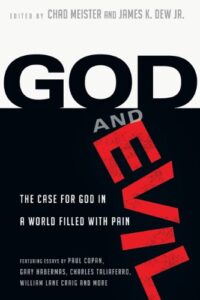 alking in spiritual darkness…finding not spiritual salvation but spiritual starvation instead.
alking in spiritual darkness…finding not spiritual salvation but spiritual starvation instead.
How can we find our way without a leader? Are the leaders we do have blind? How can we know without a reference point beyond ourselves?
David Hume, Epicurus and J.L. Mackie and Dawkins would have disagreed that evil is our fault. They lay the problem at the throne of God himself. They are the most famous articulators of the famous logical problem of evil.
1. If God is all Powerful. Omnipotent –he could stop all evil globally.
2.If God is all knowing, Omniscient, he would know when and how to stop it.
3. If God is all Good –Omni Beneficent, then he would want to eliminate evil
4. But evil exists and grows…
4. Therefore, God does not exist
But does atheism really provide a better answer? If we eliminate God what are we left with? I found that atheism cheapens life. Man is as Shakespear said “Full of sound and fury signifying nothing.” Degrass Tyson, said it well….we are insignificant” according then. How according to atheism can you even have an objective evil to object to?
According to Richard Dawkins, we all all advanced DNA, and all we can do is dance to its music!
However, according to the majority of philosophers in my profession, all the theist must do is show how it is possible for a good God to exist and evil to exist too. Great philosophers like Aquinas, Augustine and most recently, world class Philosophers like Richard Swinburne and Alvin Plantinga argued well that that the freewill defense shows that even for God it is logically impossible to create free people who must always choose good as much as it is impossible to create square circles or married bachelors. Evil is a necessary by byproduct of the power of love and choice. We must be able to choose to love or hate. If we do not have that power then we are not free. Since God choose to create free people, he cannot thus make them choose to love him and others. If he did then they would not be free. Also there is another way to address this. Thomas Aquinas wrote in his Suma Theologica quoting Augustine that, “Since God is the Highest Good, He would not allow any evil to exist in His works, unless His Omnipotence and Goodness were such as to bring good even out of evil.” –Saint Augustine of Hippo, Enchiridion
Today on our podcast, I interview my friend, Jamie Dew on this universal issue of evil.
Jamie Dew, is Dean of the College at Southeastern where he teaches Philosophy and the History of Ideas. He earned his PhD in Theological Studies from Southeastern Baptist Theological Seminary and pastored in NC for 10 years. Currently, he is working on a second PhD in Philosophy from the University of Birmingham in England pertaining to what it means to be a human being.
He is the author of Science and Theology: An Assessment of Alister McGrath’s Critical Realist Perspective (Wipf & Stock, 2010), co-author of How Do We Know?: An Introduction to Epistemology (IVP, 2013), and co-editor of God and Evil: The Case for God in a World Filled with Pain (IVP, 2013). He also has several books in the works! 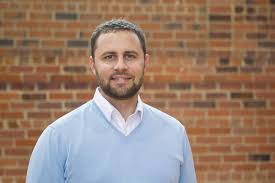
More importantly he is married to the sweet and beautiful Tara Dew and together, they have two sets of twins!
Also mentioned in this past case was Rabbi Kushner’s book, Why Bad Things Happen to Good People.
Podcast: Play in new window | Download

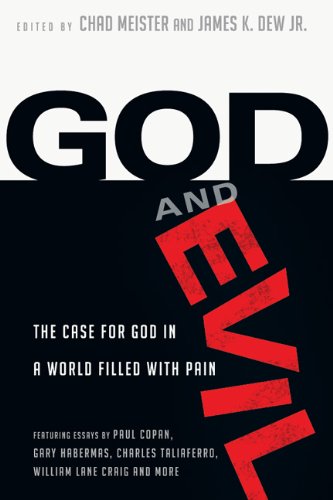
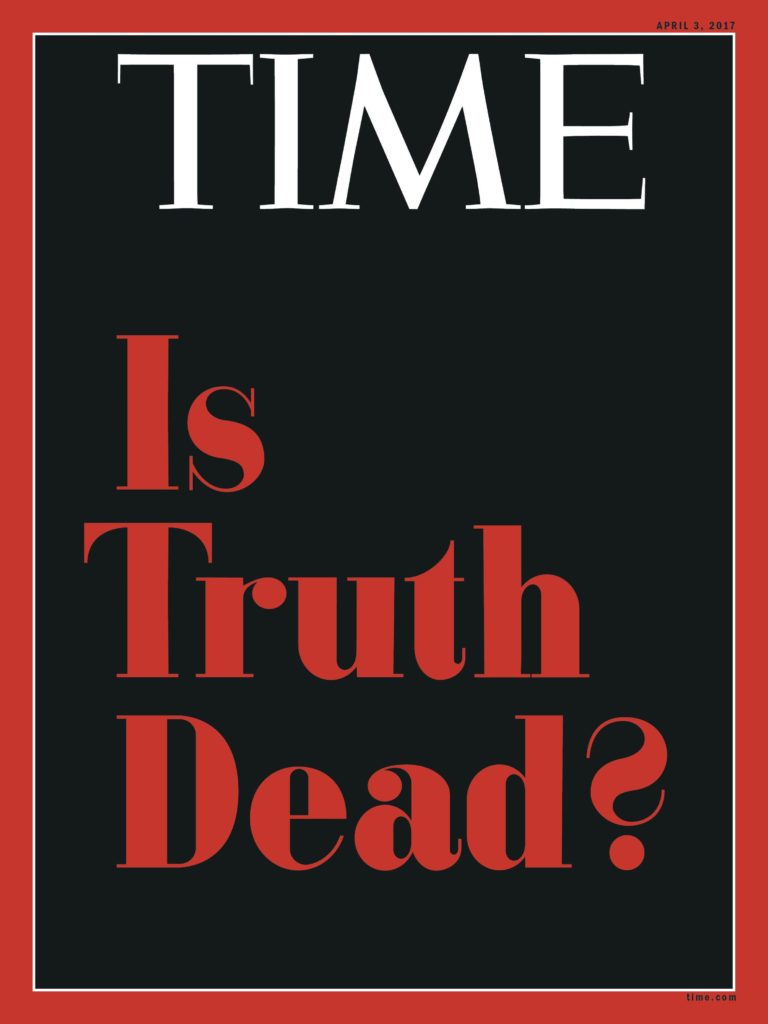
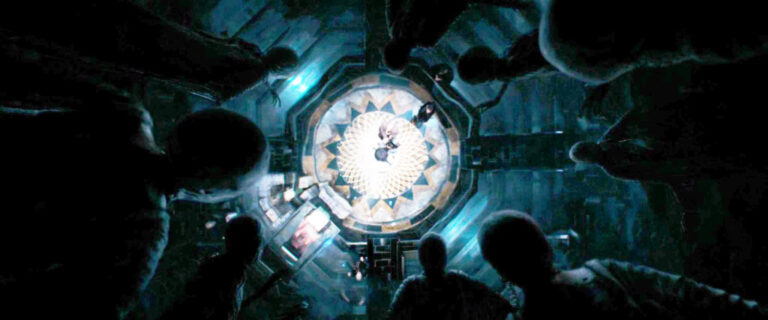
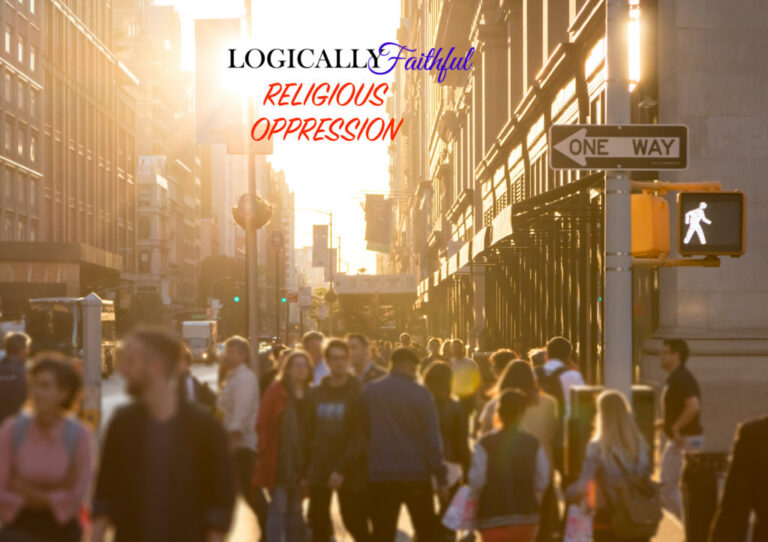
Looking forward to your feedback!
Khaldoun,
Many thanks. A very good podcast. I learned a lot by listening to Jamie’s and your arguments. Especially the distinction between the intellectual and the existential “problem” of evil was enlightening. Jamie’s categorisation into the Free Will, Molinism, Open and Sceptical Theism., etc. was also a very good synopsis of the theistic defence of the coherence of the Christian theology in view of the problem of pain.
Assuming that the theistic God exists, then, in my mind, it is plausible and coherent, that for God it might not be logically possible to exclude evil from the physical world.
My argument builds on the “free will” defence of inter alia Richard Swinburne and Alvin Plantinga as follows:-
1) To allow for the physical world to generate itself out of the basic laws, it might have been unavoidable for God to introduce probability in physics (until now not proven wrong and as per our perception of the probabilistic nature of Quantum Mechanics).
2) God is good, and thus God has “designed” the physical laws sustaining the physical world such that events God considers (based on God’s knowledge of absolute morality) as good will happen marginally more often than events he considers as bad. This is similar to the proportion of antimatter and matter in the original universe. The infinitesimal surplus of matter resulted in the final baryon composition of our universe filled with almost only matter. Thus, even when our perception indicates that there seems to be almost as much evil as goodness in the world, God has willed that good events will (even by an infinitesimal small margin) be more likely than bad ones, and that there is a positive hope towards the good direction for all possible states of reality. However, nature will have many destructive events or seemingly senseless suffering caused or experienced by non-self-conscious beings.
3) When self-conscious beings evolve in such “free reality” with an almost 50/50 change of good and bad events, then such beings will be faced with the challenge of making moral decisions in a reality with both bad and good events. When they start understanding the Absolute, then they also can experience Absolute Evil. To aid such beings (hopefully we can consider humans to belongs to this category) in making the choices for the good, God would logically reveal God’s nature and the ultimate state of goodness (which God knows and has willed deterministically)
Thus, God could avoid evil but the price would be that the physical would remain restricted to fundamental laws (in full harmony with God) with a he mere potential to generate physical worlds without actually generating them. God is as it were logically bound by the probabilistic nature of the physical world he made possible and sustains. God deterministically knows that in the end good has to prevail because he willed events in line with his nature to occur more frequently than evil events but he logically cannot control day to day events in a probabilistic reality.
God can only be glorified by a free reality; thus, reality has to be free. In Christian terms humans carry an “original” sin because we are part of the physical world.
In conclusion, without limiting any of the attributes of the theistic God and maintaining God’s plan for a final state of goodness (known deterministically by God) in line with God’s nature, it is maybe logically impossible for an omnipotent and omniscient God to exclude perceived evil on a day-to-day basis from a non-static, free probabilistic reality able to glorify God.
This of course does not answer the existential problem of evil. Maybe the best solution for this, as Jamie suggested, is to get of your backside and start living as a Christian or any other true religion.
Thank you Piet For a wonderful analysis of our conversation. Yes, if an agent is not free, how then can they be good? If one does not have an option to do evil, can he really be called ethical? That does seem to be the case. But we are thrown for a loop because God is the supreme being, who is incapable of doing evil. So then how is he free? That opens the door to a different conversation about the nature of God and man and of goodness itself!
To sum up what is covered in the podcast, Jamie Dew covers six different solutions to the problem of evil. They are:
– Augustinianism – the idea that God has granted us free will, which means that there needs to be consequences for people who deviate from what God has ordained. We can choose to love God and follow his path or not.
– Molinism – the idea that we need to expand the way we look at God’s way of knowledge. We live in one world, but there are infinite possibilities and infinite worlds that could have existed. The reason God chose this world may not be utilitarian.
– Open-theism – the idea that God has chosen to limit his knowledge of the future, because if he knew who would be saved and who would face damnation, it would solidify that damnation into existence. Alternately, the future is not something that exists yet, so it cannot be known.
– Thomas Oord’s argument – the idea that God limits himself in controlling the future because he wants us to have choices, and that he is engaging in an act of kenosis by emptying himself of this knowledge.
– Skeptical theism – the idea that we are finite, fallen, and filtered creatures, and if God possesses knowledge of why evil is allowed to exist, why do we expect that we would know it or even be able to comprehend or handle it?
– Reform – the idea that this was God’s plan all along. I will not be arguing against this one because it’s covered in the others.
My response to this is multi-faceted. First, the challenge: does getting rid of God solve the problem of evil? No, of course it doesn’t. I would argue, however, that the presumption that the world is arranged in a way that suggests meaning and hope is not universal. A snapshot of the world at any given time will reveal people in love, people selflessly helping strangers, and even people sacrificing themselves for the greater good, but it will also reveal senseless killing, rape, exploitation, torture, and so on. It seems as though evil is the predominant aspect of this world, and “good” is fighting a losing battle. Now, I know that this world is supposedly “fallen,” which would account for this issue — but on to the arguments.
Augustus’s idea of free will is confusing because any time man’s will does not line up with God’s will, he is punished for it. It is nice to think of God wanting his children to have choices, but imagine it this way: you have a 5-year-old child. You allow them to do things like play outside and experiment with their world within reason, knowing they may suffer a little injury, but it will help them learn from their mistakes. However, if you let your child play near the edge of a cliff and they fell to their death, you would be considered negligent and likely be sent to prison. Giving humans the free will to not love Jesus is like letting them play near the cliff. This does not bode well with a merciful God. And if all of humanity is fallen, why doesn’t he just end the world and save those who are righteous without making people continue to suffer?
As for Molinism, this really sounds like something that should have been addressed in the Bible, if it were true. Also, we have the introduction of the idea that this may be the universe where God receives the most glory. It makes me wonder: why is God so concerned about his own glorification? Why does an all-knowing, all-seeing being need constant reassurance of how great he is? It seems a bit egotistical and also unnecessary.
Open-theism and Oord’s argument read to me that God is not doing this act out of love, but to rid himself of any accountability. Even if he chooses not to look at the future, it is still the future he willed. This is severely problematic. Why would he have an issue seeing what he has created? Is he a child not peeking at his presents, or has he wreaked havoc and does not want to deal with the guilt?
As for skeptical theism, this is simply an issue of faith. Faith is not something you can make someone have. Dew argues that it requires a lot of hubris to think you could know God’s will. I would argue that it takes a lot of hubris to think you have the sole answer to all of the world’s problems when there are five major religions and countless smaller ones.
Dew says that without God, we are left with a sick, twisted universe that is practically playing a joke on us. With all due respect, that sounds like Jamie Dew’s problem, not mine. I do not think the world needs to have meaning to be worthwhile. I have accepted that the universe is a vast, cold void and I am rather meaningless in the grand scheme of things. However, I still do what I know is right because I see no reason to live any other way, when this maximizes both my happiness and the happiness of those around me. I also am able to create my own meaning and find things that are valuable to me. Not to engage in the biting sarcasm mentioned in the podcast, but if you cannot do this, I advise looking inward and trying to find what is missing in your life. If you cannot do this, it may be worthwhile to seek help. I am aware that, from a Christian standpoint, Jesus is always the answer to “what’s missing.” But are there not fulfilled people of other faiths? Has a happy atheist never existed? A happy pantheist?
Ultimately, apologetics is evolving and attempting to understand some of the big issues in Christianity. I think it is doing a decent job, but I keep getting the impression that it’s either Christianity or nothing. There are a lot of choices other than “meaningless void” if you choose not to follow Christ, and I do not think it is fair to discredit these, or to act as though “meaningless void” is the worst possible outcome for how some people perceive and feel in the world. To some, other beliefs or nihilism may have the same anesthetic properties that Jesus seems to for Christians.
Nicely said Lisa!! I’ll get back to you soon!